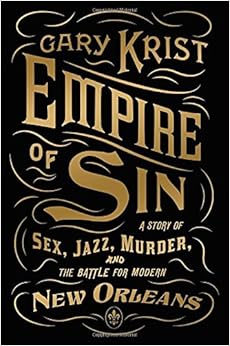 [And here is the second announcement.]
[And here is the second announcement.]Law and Social Science Dissertation Fellowship & Mentoring Program, 2015-2017
Purpose
The Law and Society Association, in collaboration with the American Bar Foundation and the National Science Foundation, seeks applications for the Law and Social Science Dissertation Fellowship and Mentoring Program (LSS Fellowship).
Awards
Fellowships are held in residence at the American Bar Foundation in Chicago, IL, where Fellows are expected to participate in the intellectual life of the ABF, including participation in a weekly seminar series. LSS Fellows will receive a stipend of $30,000 per year beginning Fall 2015. Fellows will attend LSA annual meetings in both years of the fellowship and the Graduate Student Workshop in the first year of the fellowship. Fellows will receive up to $1,500 for research and travel expenses each year. Relocation expenses up to $2,500 may be reimbursed one time.
Eligibility
Third-, fourth-, and fifth-year graduate students who specialize in the field of law and social science and whose research interests include law and inequality are invited to apply. Fellowship applicants should be students in a Ph.D. program in a social science department or an interdisciplinary program. Humanities students pursuing empirically-based social science dissertations are welcome to apply. Applicants are also eligible to apply for the American Bar Foundation’s Doctoral Fellowship Program in Law and Social Science. Only U.S. citizens and permanent residents are eligible to apply.
Application Materials Required
Applicants should submit: (1) a 1-2 page letter of application; (2) a 2-3 page description of a research project or interest that relates to law and inequality (broadly defined) with a statement of how the applicant became interested in the research topic; (3) a resume or curriculum vitae; (4) a writing sample (a paper written for a graduate-level course or dissertation prospectus); and (5) three letters of recommendation from faculty members (including one from the faculty member who will serve as the departmental liaison – typically the applicant’s advisor). If you are also applying for the American Bar Foundation Doctoral Fellowship, please indicate so in your cover letter.
Applications for this fellowship must be received no later than December 1, 2014.
Please submit your complete application for the LSS Fellowship online. Direct all questions or concerns relating to your application submission to Amanda Ehrhardt, (312) 988-6517, aehrhardt@abfn.org.














